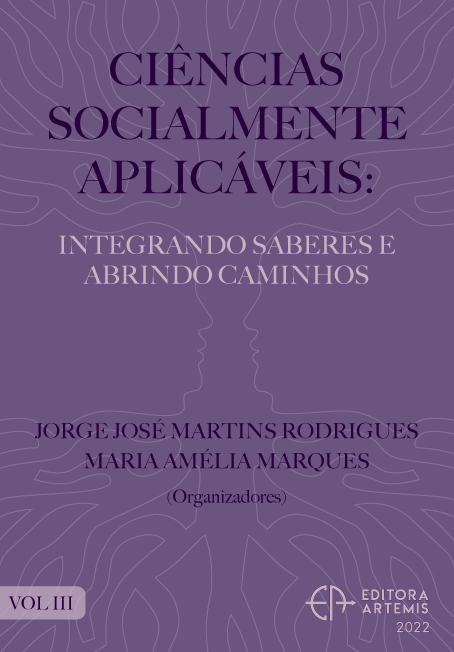
IMPACTO DE LA RÚBRICA COMO GUÍA DEL DISPOSITIVO DE EVALUACIÓN EN LA ENSEÑANZA DEL PROCESO DE DESARROLLO DE SOFTWARE
El presente trabajo tiene por objeto reflexionar sobre el sistema de evaluación utilizado en los últimos años en la asignatura de Ingeniería de Software I de la UNDTF en la cual el estudiante se enfrenta al proceso formal del desarrollo de software, incorporando una nueva forma de evaluar los contenidos. La evaluación formativa considera la evaluación como un trabajo cotidiano del aula, para orientar el proceso de enseñanza - aprendizaje y la toma de decisiones oportunas que beneficie a los estudiantes; debiendo contemplarse como un instrumento de mejora de la enseñanza. La nueva forma de evaluación debe contener las características de la evaluación formativa y colaborar en la focalización de los aspectos del contenido sobre los que se quiere ofrecer una retroalimentación y contemplar los principales aspectos de validez, confiabilidad, practicidad, utilidad y justicia que amerita. En esa línea, las rúbricas se presentan ante los alumnos, y docentes, como un documento o guía en los cuales puedan conocer los objetivos, expectativas y logros que deben alcanzar dentro de las competencias establecidas en la currícula. El equipo docente de la asignatura impulsó el uso de rúbricas durante los dos últimos años, en base a entrevistas y estadísticas se compararon los resultados respecto a años anteriores y la significancia de la utilización de la misma en los estudiantes.
IMPACTO DE LA RÚBRICA COMO GUÍA DEL DISPOSITIVO DE EVALUACIÓN EN LA ENSEÑANZA DEL PROCESO DE DESARROLLO DE SOFTWARE
-
DOI: 10.37572/EdArt_2905225836
-
Palavras-chave: Sistema de Evaluación, Evaluación Formativa, Rúbricas, Ingeniería de Software.
-
Keywords: Evaluation System, Formative Evaluation, Rubrics, Software Engineering
-
Abstract:
The purpose of this paper is to reflect on the evaluation system used in recent years in the subject of Software Engineering I of the UNDTF in which the student faces the formal process of software development, incorporating a new way of evaluating the contents. Formative evaluation considers evaluation as a daily work in the classroom, to guide the teaching-learning process and timely decision-making that benefits students; it should be seen as an instrument to improve teaching. The new form of evaluation must contain the characteristics of formative evaluation and collaborate in focusing on the aspects of the content on which feedback is to be offered and contemplate the main aspects of validity, reliability, practicality, usefulness and fairness that it deserves. In this line, the rubrics are presented to students and teachers as a document or guide in which they can learn about the objectives, expectations and achievements that must be achieved within the competencies established in the curriculum. The teaching team of the subject promoted the use of rubrics during the last two years, based on interviews and statistics, the results were compared with previous years and the significance of the use of the same in the students.
-
Número de páginas: 20
- Jorge Ezequiel Moyano
- Emilio Izarra
- Matías Moncho

